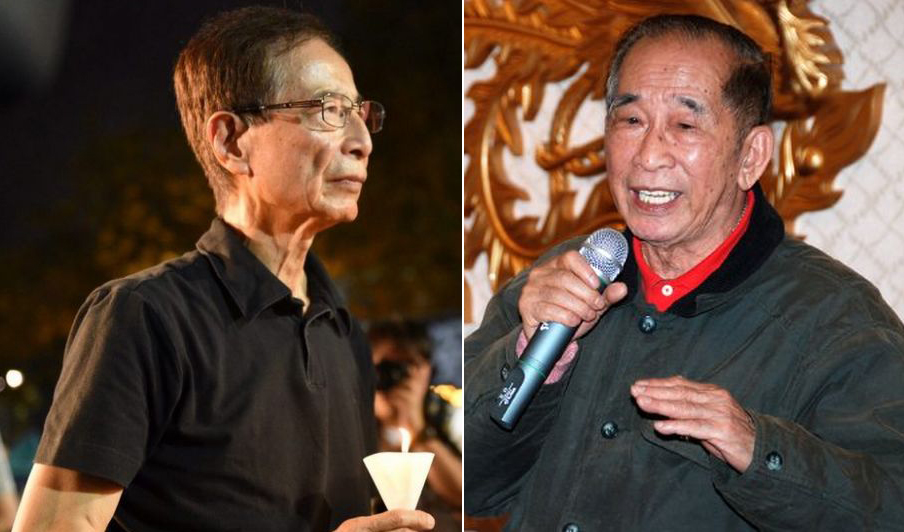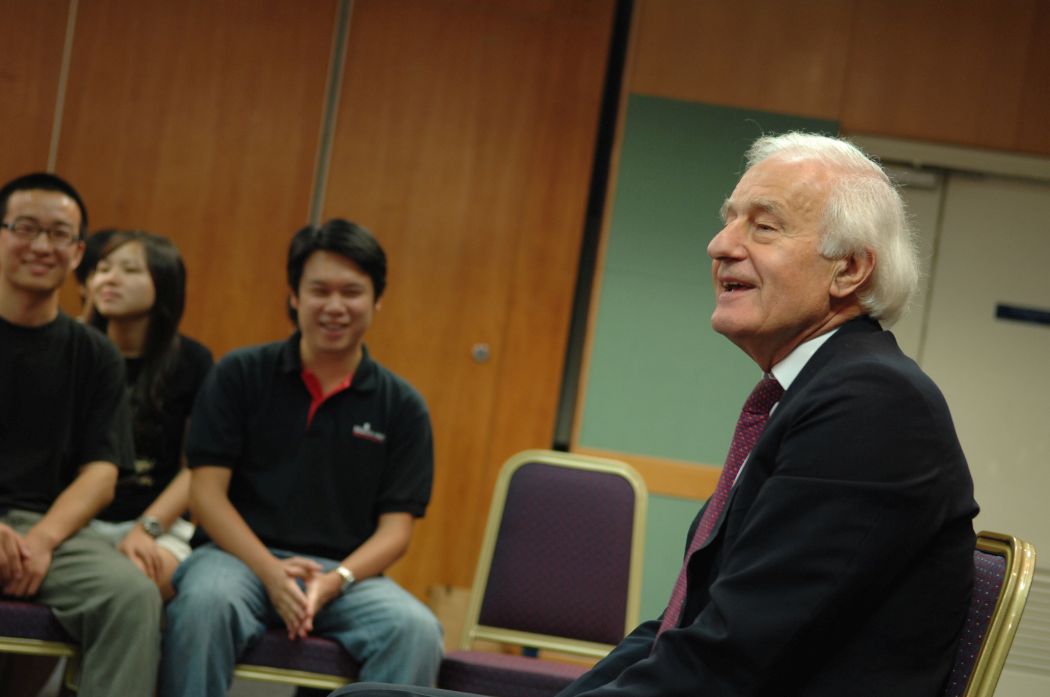
Local activists failed to broaden the base of their support in the wake of the 1989 Beijing Tiananmen massacre, David Wilson – the then-Hong Kong governor – wrote at the time in a report for the British foreign secretary.
The recently declassified report to John Major was written on July 27, 1989. Wilson wrote that demonstrations by Hongkongers “were remarkably well-organised, often at very short notice, largely by the social activists of the Christian Industrial Committee.” The committee was the predecessor to the now pro-democracy Hong Kong Confederation of Trade Unions.
“Their success should have greatly strengthened the pro-democracy groups. But they, and their leaders, continue to be divided among themselves on both aims and tactics. They have noticeably failed to broaden the base of their support,” he wrote, adding that even Martin Lee and Szeto Wah, two prominent lawmakers, have failed to “take the opportunity to establish credentials as a real political leader.”
Nightmare
Wilson said that many in Hong Kong had reluctantly come to accept the prospect of a future within the People’s Republic of China, after the Sino-British Joint Declaration was signed, though many still felt the need to emigrate.

“Now, suddenly, the nightmare had come true,” he wrote. “The Chinese leaders themselves had suffered in the Cultural Revolution. They appeared to have strong personal reasons not to permit a return to the extremism of Mao Tse-tung. But the events of 4 June shattered this illusion.”
“The loss of confidence has already been expressed in increased efforts to emigrate and in widespread emotional demands for HMG to provide a right of entry or right of abode for all Hong Kong British nationals.”
Wilson flew to London after the crackdown to request right of abode for all 3.25 million British passport holders, but the idea was rejected by then-prime minster Margaret Thatcher.
“Some have also suggested that the implementation of the Joint Declaration should be monitored by the United Nations or the international community; others that a commercial deal should be struck with China to delay its full imposition.”
The Tiananmen massacre occurred on June 4, 1989 ending months of student-led demonstrations in China. It is estimated that hundreds, perhaps thousands, of people died when the People’s Liberation Army was deployed to crack down on protesters in Beijing.

The records are part of a set of Foreign and Commonwealth Office documents declassified in October. They are available to the public at the National Archives in Kew, London.
Wilson wrote that the Chinese government “clearly regard as provocative the way in which Hong Kong people donated funds to Chinese student demonstrators, participated directly in events on the mainland and strongly denounced the actions of the Government and individual leaders.”
“Hong Kong has always depended for its survival on the tolerance of its giant neighbour. It would be foolish to test this too far. It is important to ensure that the Chinese government is given as little excuse as possible to act heavy-handedly in Hong Kong, either now or in the future.”
“It would be very dangerous, for example, if Hong Kong became a centre for an underground movement dedicated to the overthrow of the Chinese Government.”
Sympathy and understanding
Wilson wrote: “More than ever, Hong Kong must now stand on its own feet. But we will continue to depend on the help and effort of Her Majesty’s Government.”
He said the relationship between the UK and Hong Kong was never easy: “The relationship when the metropolitan power is preparing to transfer sovereignty to a hated and feared alternative is even harder to manage.”
“They will make demands that may seem unreasonable or immature, or even not in Hong Kong’s best interests. But I hold to my conclusion… that HMG should respond to such demands with sympathy and understanding.”
